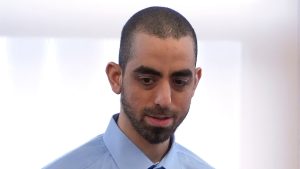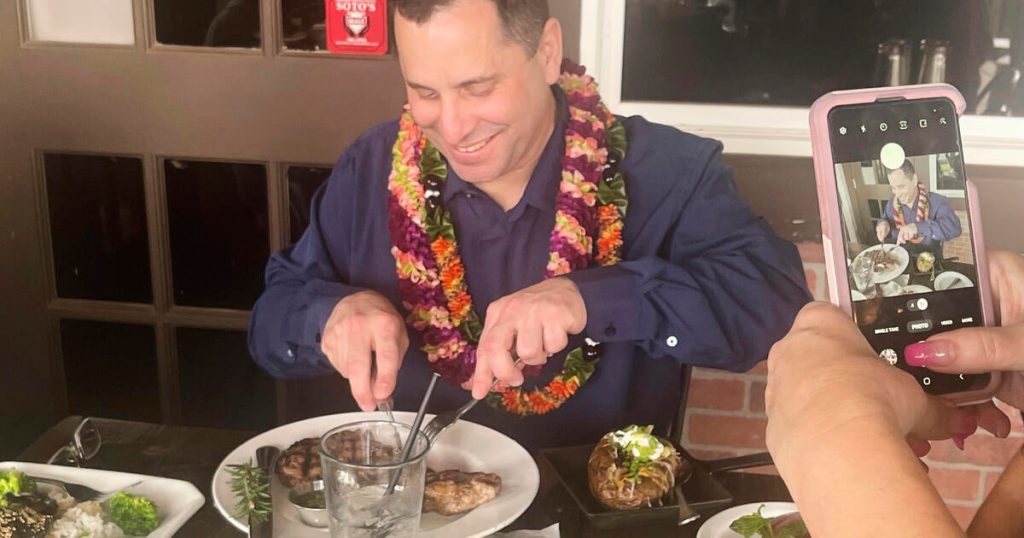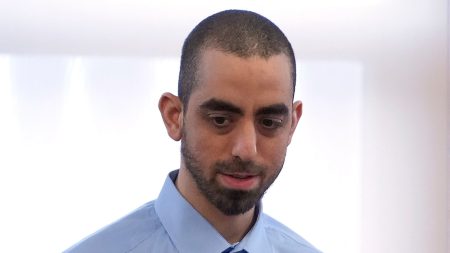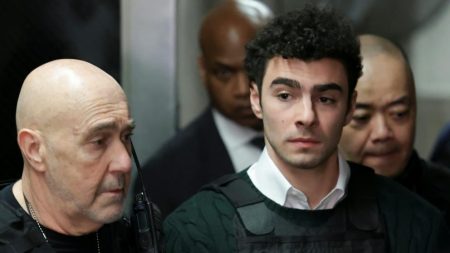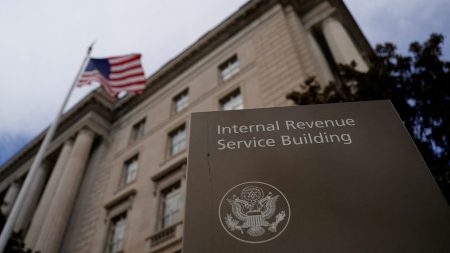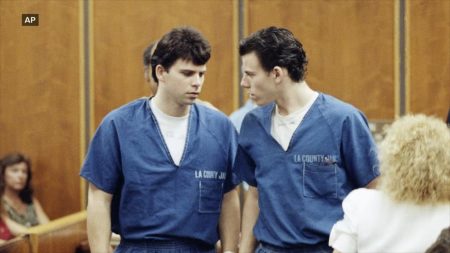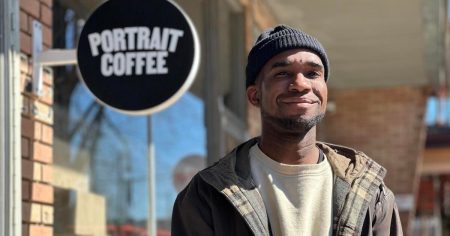Freedom After Decades: The Case of Gordon Cordeiro
A Long-Awaited Day of Freedom
On a day that Gordon Cordeiro dubbed "Freedom Friday," the 51-year-old Hawai’i man walked out of the Maui Community Correctional Center after spending 30 years behind bars for a murder he consistently denied committing. His release came after Judge Kirstin Hamman vacated his conviction and sentence, citing new DNA evidence that cast serious doubt on his guilt. Cordeiro’s case, marked by years of legal battles and deeply contested evidence, finally reached a turning point when the judge ruled that the new evidence would likely lead to a different outcome if the case were retried. As the courtroom erupted in gasps and cries, Cordeiro’s decades-long ordeal seemed to finally come to an end.
The Case and Its Controversies
The case centers on the 1994 murder of Timothy Blaisdell, who was killed during a drug deal robbery on the island of Maui. Cordeiro was initially tried twice: the first trial ended with a hung jury, with only one juror voting for conviction. However, in the second trial, he was found guilty of murder, robbery, and attempted murder and sentenced to life without parole. Over the years, Cordeiro and his advocates maintained his innocence, arguing that the conviction relied heavily on questionable witness testimony and flawed evidence.
The Hawai’i Innocence Project, which took up Cordeiro’s case, argued that his conviction was undermined by several factors, including the use of incentivized jailhouse informants who provided fabricated testimony in exchange for reduced sentences. These informants allegedly spun murder-for-hire plots that implicated Cordeiro, despite a lack of credible evidence. Additionally, Cordeiro’s attorneys pointed to multiple alibis that placed him at home with his family at the time of the crime, far from the scene of the murder.
New DNA Evidence and the Road to Exoneration
The breakthrough in Cordeiro’s case came with the introduction of new DNA evidence. Testing on physical evidence from the crime scene, including DNA found on Blaisdell’s body, excluded Cordeiro as the source. Instead, the tests revealed an unidentified DNA profile on the inside pockets of Blaisdell’s jeans. Combined with new information about gunshot residue, this evidence was significant enough to convince Judge Hamman that the outcome of a retrial would likely be different.
Despite this, Maui County Prosecuting Attorney Andrew Martin expressed disappointment in the ruling and argued that the new evidence did not exonerate Cordeiro. Martin’s office has announced plans to appeal the decision and seek bail conditions for Cordeiro’s release, citing concerns about a potential flight risk given the severity of the charges. However, for Cordeiro and his supporters, the judge’s ruling marked a long-awaited vindication after decades of fighting for justice.
Cordeiro’s Reaction to Freedom
As Cordeiro stepped outside the correctional facility, he spoke to reporters and expressed gratitude to his supporters, his legal team, and even the prosecutors who had stipulated to certain facts in the case. He also shared a simple yet poignant hope: to visit his mother. When asked about adjusting to life after 30 years in prison, he remained optimistic, crediting his strong support system for helping him navigate the challenges ahead.
Kenneth Lawson, co-director of the Hawai’i Innocence Project, described the emotional moment when Cordeiro learned of his release. “He cried, we all cried,” Lawson said. “He believed that he was going to be exonerated, but after two trials and decades of fighting, you lose faith in the justice system. To finally hear a judge say, ‘I’m vacating your convictions,’ that’s when it hit him.”
The Broader Implications of the Case
Cordeiro’s case highlights significant flaws in the criminal justice system, particularly the reliance on incentivized witness testimony and the potential for prosecutorial misconduct. His attorneys have argued that the investigation into Blaisdell’s murder was mishandled from the start, with police focusing on Cordeiro while overlooking the true suspect: Michael Freitas, the man who was with Blaisdell at the time of the murder. Freitas, who died in 2020, had a history of shifting his story and falsely blaming Cordeiro, allegedly to cover his own involvement in the crime.
Lawson condemned the handling of the case, stating, “The police botched this case from the beginning and turned the No. 1 suspect into the state’s star witness, resulting in a 30-plus-year nightmare and miscarriage of justice for Gordon and his family.” Cordeiro’s exoneration serves as a stark reminder of the need for systemic reforms to prevent similar injustices in the future.
A New Chapter and the Fight for Justice
As Gordon Cordeiro begins his new life, his story is one of resilience and the enduring quest for truth. While his release brings hope and relief, it also underscores the deep scars left by a system that failed him for so long. Cordeiro’s case is a testament to the importance of advocacy and the relentless pursuit of justice, even in the face of overwhelming odds.
As he rebuilds his life, Cordeiro’s desire to reconnect with his family and find peace serves as a reminder of what is lost when the justice system fails—and what is regained when it finally gets it right.
